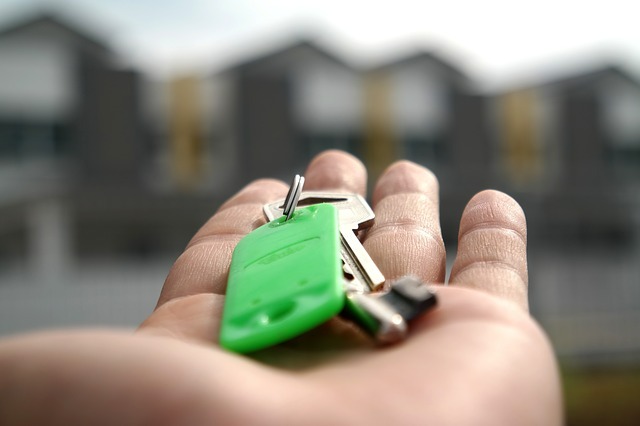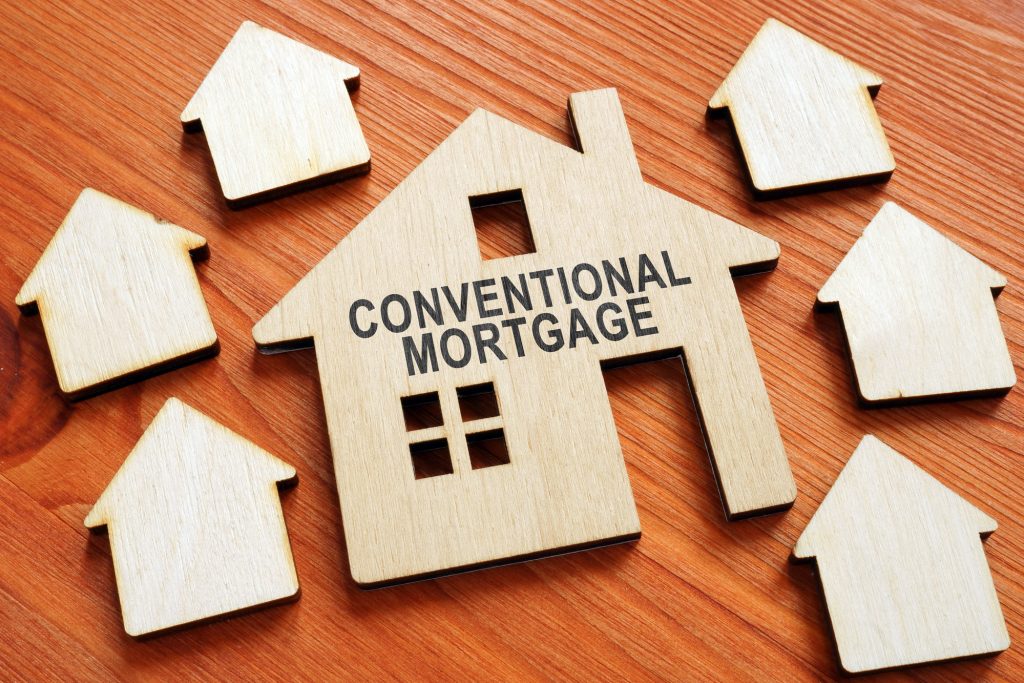Reverse Mortgage

A reverse mortgage can be a beneficial financial tool for certain individuals in specific situations. Here are some reasons why you might consider getting a reverse mortgage: Supplementing Retirement Income: If you’re a homeowner aged 62 or older and looking for ways to increase your cash flow during retirement, a reverse mortgage can provide you with tax-free funds. This can help cover living expenses, medical bills, or any other financial obligations you may have. Eliminating Monthly Mortgage Payments: With a reverse mortgage, you can convert your home equity into loan proceeds, which can be used to pay off your existing mortgage. This means you no longer have to make monthly mortgage payments, providing you with more financial flexibility and reducing your monthly expenses. Accessing Home Equity: If you’ve built substantial equity in your home over the years, a reverse mortgage allows you to tap into that equity without
selling or relinquishing ownership of your home. This can be particularly useful if you need a lump sum of money for significant expenses or unforeseen circumstances. Staying in Your Home: One of the significant advantages of a reverse mortgage is that you can remain in your home as long as it remains your primary residence, even if the loan amount exceeds the value of your home. This can be particularly appealing if you have a strong emotional attachment to your home and wish to age in place. Non-Recourse Loan: Reverse mortgages are non-recourse loans, which means that you’re not personally liable for the repayment of the loan. If the loan balance eventually exceeds the value of your home, the lender can only collect the proceeds from the sale of the home, and neither you nor your heirs will be responsible for the shortfall. While a reverse mortgage can offer advantages, it’s important to consider potential drawbacks and understand the specific terms and conditions of the loan. It’s advisable to consult with a qualified financial advisor or reverse mortgage counselor who can provide personalized guidance based on your unique financial situation and goals. Remember, a reverse mortgage will reduce the equity in your home over time, potentially affecting your estate and inheritance. Therefore, it’s essential to carefully weigh the pros and cons and make an informed decision that aligns with your long-term financial objectives.

Obtener una hipoteca inversa (reverse mortgage) puede ser beneficioso en ciertas situaciones y para ciertas personas. Aquí hay algunas razones por las que podrías considerar obtener una hipoteca inversa: Aumentar los ingresos durante la jubilación: Si eres propietario de una vivienda y tienes 62 años o más, una hipoteca inversa puede proporcionarte fondos libres de impuestos que te ayuden a aumentar tus ingresos durante la jubilación. Esto puede ayudar a cubrir gastos de subsistencia, facturas médicas u otras obligaciones financieras. Eliminar los pagos mensuales de la hipoteca: Con una hipoteca inversa, puedes convertir el patrimonio acumulado en tu vivienda en fondos de préstamo que se pueden utilizar para pagar tu hipoteca existente. Esto significa que ya no tendrás que hacer pagos mensuales de la hipoteca, lo que te brinda mayor flexibilidad financiera y reduce tus gastos mensuales. Acceder al patrimonio de la vivienda: Si has acumulado un patrimonio sustancial en tu vivienda a lo largo de los
años, una hipoteca inversa te permite aprovechar ese patrimonio sin tener que vender o renunciar a la propiedad de tu hogar. Esto puede ser especialmente útil si necesitas una suma global de dinero para gastos importantes o circunstancias imprevistas. Permanecer en tu hogar: Una de las ventajas significativas de una hipoteca inversa es que puedes permanecer en tu hogar siempre y cuando sea tu residencia principal, incluso si el monto del préstamo supera el valor de tu vivienda. Esto puede ser especialmente atractivo si tienes un fuerte vínculo emocional con tu hogar y deseas envejecer en él. Préstamo sin responsabilidad personal: Las hipotecas inversas son préstamos sin responsabilidad personal, lo que significa que no eres personalmente responsable de pagar el préstamo. Si el saldo del préstamo eventualmente supera el valor de tu vivienda, el prestamista solo puede cobrar el producto de la venta de la vivienda, y ni tú ni tus herederos serán responsables del déficit. Si bien una hipoteca inversa puede ofrecer ventajas,



